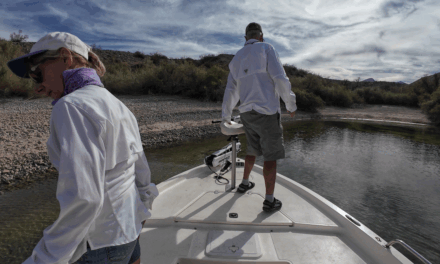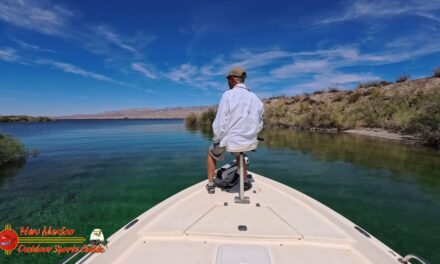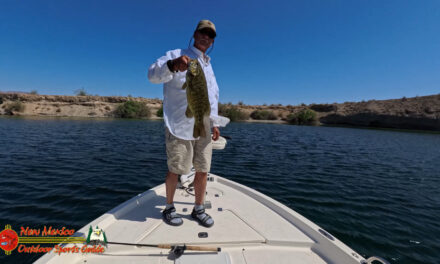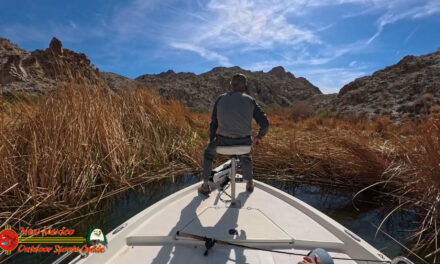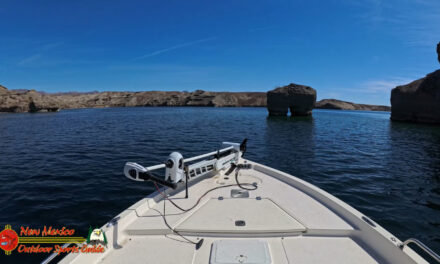ATHENS, Texas — Texas anglers received an early holiday gift: 50,000 red drum, donated by the largest commercial red drum farm in Texas. Texas Parks and Wildlife Department stocked the 10-14-inch fish into Lakes Braunig, Calaveras and Fairfield, and Victor.
“We are in the business of producing redfish for the retail market,” explained John Turner, managing partner of Lonestar Aquafarms, Ltd., of Palacios. “We have to produce fish of a certain size, and sometimes we have a surplus of a particular size. If the community at large can benefit from having them, I think that’s a really good deal.”
In 2002, while Turner was managing another aquaculture operation, he donated about 100,000 6-inch red drum fingerlings to TPWD.
“We really appreciate Mr. Turner’s continuing support of our programs to provide quality red drum fishing in several of our lakes,” said Phil Durocher, director of TPWD’s Inland Fisheries division. “When a commercial grower is willing to donate part of his production to the state, it is a direct benefit to the anglers who fish these lakes and a great assist to our stocking program.”
Although red drum is a saltwater species, TPWD stocks them into selected lakes to provide increased angler opportunity for this popular sportfish. Lakes stocked with red drum are power plant lakes, which have the warmer water temperature the fish need to survive.
“The fish Mr. Turner donated in 2002 did really well in the lakes,” said Todd Engeling, TPWD’s hatchery program manager. “Lakes Braunig, Calaveras and Fairfield already have redfish, and typically we stock them every year. These freshwater red drum fisheries have become very popular, and the fish stocked this week will probably be legal to catch a year from now.” All three lakes have a 20-inch minimum length requirement, no maximum size limit and a daily bag limit of three fish.
Turner said Lonestar Aquafarms sells about 25,000 pounds of fresh fish per week. “Sometimes survival is higher than expected, and we also stock our ponds to make sure we have plenty of fish. We take the risk to produce more and give them away, because that’s better than not having them.” – Lake Mohave
– Lake Mohave


